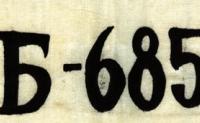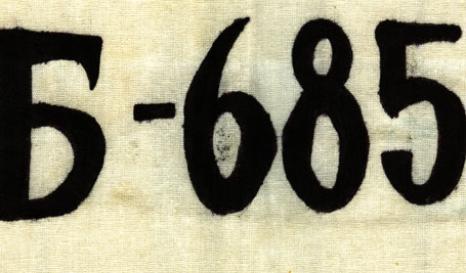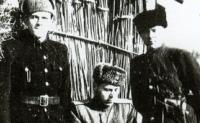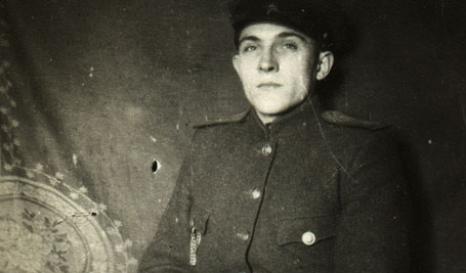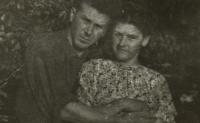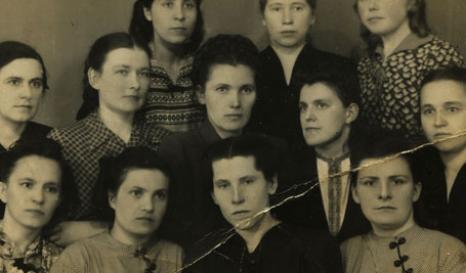BioGraphy
Vera CHOPIK-DROZD
Vera Chopik-Drozd was born in a village in the Ternopil region, then Poland now western Ukraine, in September 1929. Her parents were farmers, devout members of the Greek Orthodox Church.
From her childhood on, she knew about her father’s activities and his fight for the Ukrainian cause.
When the Soviets entered western Ukraine in September 1939, her father was arrested and transferred to Ternopil prison. That is where she went with her mother to fetch him in June 1941, when the Germans arrived. For the first time she saw the communal graves with the bodies of the real or imagined enemies of Soviet control.
When in 1944 the Soviets managed to regain control of the region, Vera and her family helped the nationalist resistance that continued to fight the Red Army in the Carpathian Mountains. Vera learnt to make medicines with herbs, tailor uniforms, and cook meals with her mother to take them into the forest where the insurgents were hidden.
Her brother and father were arrested first. In summer 1950, it was her turn and she was sentenced to 25 years’ forced labour in the Minlag, one of the special camps for political prisoners near the town of Inta in the Komi Republic.
Three years after Stalin’s death, in 1956, she was included in an amnesty. She left the camp but was not allowed to return home. She lived for 21 years in the Komi Republic and trained to be a seamstress. Only in 1973 was she finally able to return to western Ukraine.
The interview with Vera Chopik-Drozd was conducted in 2009 by Marta Craveri and Marc Elie.



